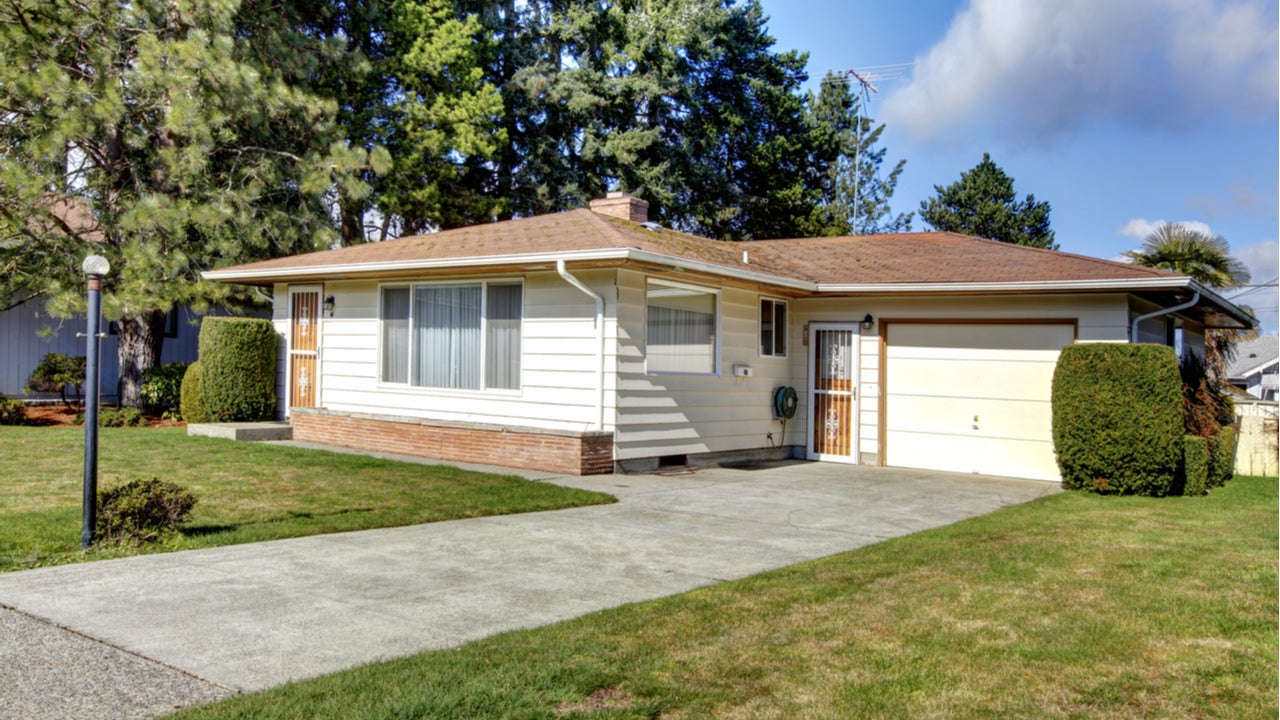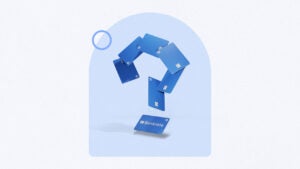What is an ATM card?

Key takeaways
- An ATM card may look like a debit card or credit card, but it has a different function.
- ATM cards can only be used for accessing funds at ATMs, but credit and debit cards can also be used for purchases.
- It is best to use ATM cards or debit cards for withdrawing cash, and credit cards for making big purchases.
The first automated teller machine (ATM) in the U.S. was introduced in 1969 by Chemical Bank in Rockville Center, New York. ATM cards, which allow consumers to access funds in their bank accounts when using an ATM, have come a long way since then, adding more functionality, and they’re now as commonplace today as debit and credit cards. They are convenient, easy to use and much safer than carrying a wallet full of cash.
ATM cards, however, can be mistaken for debit or credit cards. Find out how an ATM card differs from your other cards plus the pros and cons of using an ATM card.
What is an ATM card?
An ATM card looks like a debit or credit card, but its functionality is very different. Consumers usually receive an ATM card when they open a bank account, giving them access to their funds without having to get service from a teller. That’s convenient because you won’t have to stand in line at the bank, and you can manage your account at any time (not only during the bank’s business hours).
Many people use “ATM card” and “debit card” interchangeably, but they are not the same. Both ATM cards and debit cards require a personal identification number (PIN) to access the account at an ATM. But you can only use an ATM card at an actual ATM to perform functions like checking your balance or withdrawing money. In other words, you can’t make purchases with an ATM card.
A debit card, however, allows you to do everything you can do with an ATM card, plus make purchases. Besides getting cash out or checking your balance, you can also shop online or in person. Debit cards also have an embedded chip and the word “Debit” on the front, so you won’t confuse it with an ATM-only card. Debit cards today have greater functionality than older ATM cards, and nowadays, you’ll likely receive a debit card when you open a new bank account.
Pros and cons of an ATM card

Pros
- Simplicity. An ATM card is worth using when all you need is easy access to an ATM, and you’re not planning on using your card to make purchases.
- Security. If you want to limit a debit card’s functionality (for example, when you need to give it to a minor), an ATM card might be a better choice.
- Debt reduction. You can’t withdraw more than what you have in your account (unless you have overdraft protection).

Cons
- Limited functionality. You can only use your card at an ATM and not for purchases.
- Limited funds availability. An ATM card’s daily withdrawal limit may be lower than a debit card’s limit.
When to use ATM cards
When you have ATM, debit and credit cards in your wallet, which one should you reach for? It depends on what you need the card for and where you’re using it.
ATM cards should be used when you need quick access to your bank account. Many banks also offer extended functionality for ATM cards, such as the ability to make deposits, check your balance or transfer funds to other accounts.
Where should ATM cards be used?
Many people generally utilize ATM cards to withdraw funds from their accounts. Unless there is an emergency, it’s a good idea to only use your ATM card at one of your bank’s ATMs. This way, you can avoid additional fees, like those imposed by the ATM operator and by your own bank for using an out-of-network machine.
Who should use ATM cards?
While ATM cards are perfect for anyone who only needs easy access to their bank account, debit cards may be a better tool for a young person or anyone who doesn’t have a credit card. Remember that you can use your debit card not only to access your bank account, but also to make purchases wherever debit cards are accepted.
How ATM and debit cards differ from credit cards
ATM and debit cards look almost identical to credit cards, but there are major differences. For one thing, your ATM card can’t be used to pay for purchases. As for debit cards, they are linked to your checking account, so you’re able to withdraw money at an ATM or make a purchase. Credit cards, however, aren’t linked to your checking account, and they allow you to make purchases and pay for them later (although you should aim to pay off your bill in full every billing cycle to avoid interest payments).
Unlike ATM cards, credit cards may:
-
Have annual fees
-
Charge interest
-
Impact your credit score
-
Feature protection benefits like extended warranty coverage, purchase protection and more
-
Offer rewards for making certain types of purchases (some debit cards offer rewards programs too, but they’re not as generous as rewards credit cards)
Most people have both credit and ATM or debit cards and use them according to their financial needs. For example, when you need to withdraw cash, it’s better to use an ATM card or debit card. While you can use a credit card for a cash advance, you usually have to pay a transaction fee of 3 percent or more, along with a higher cash advance APR that goes into effect immediately.
On the other hand, you might want to use a credit card for buying a big-ticket item, like a TV or refrigerator. Not only would this give you some time to pay off your purchase (if needed), but with the right credit card, you may also be able to earn sizable rewards and numerous protection benefits like extended warranty coverage, purchase protection or return protection.
The bottom line
ATM cards are invaluable tools for providing fast, 24/7 access to your checking account. However, now most banks issue debit cards instead of ATM-only cards, so you can use your debit card domestically or abroad to make purchases wherever debit cards are accepted. While credit cards have wider functionality and typically offer more benefits and rewards than both ATM cards and debit cards, stick to an ATM card if you just want to withdraw money, make a deposit or check your balance.
Why we ask for feedback Your feedback helps us improve our content and services. It takes less than a minute to complete.
Your responses are anonymous and will only be used for improving our website.






